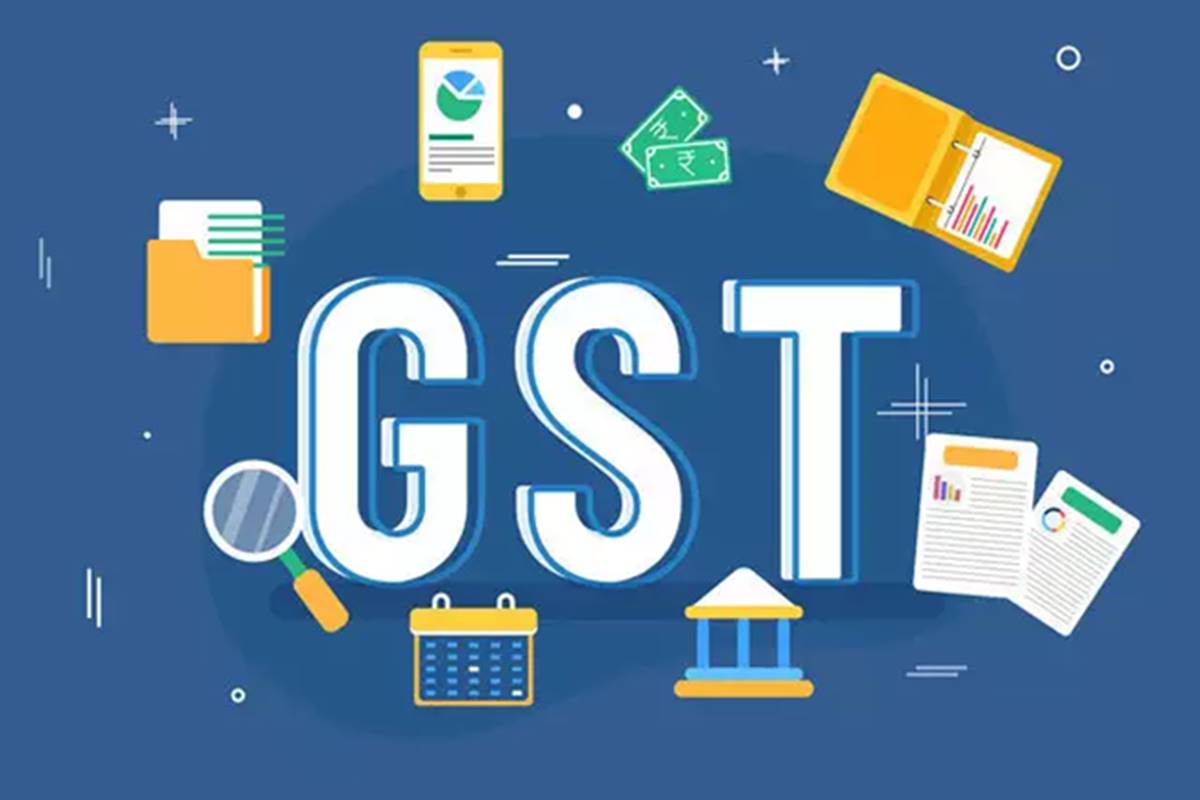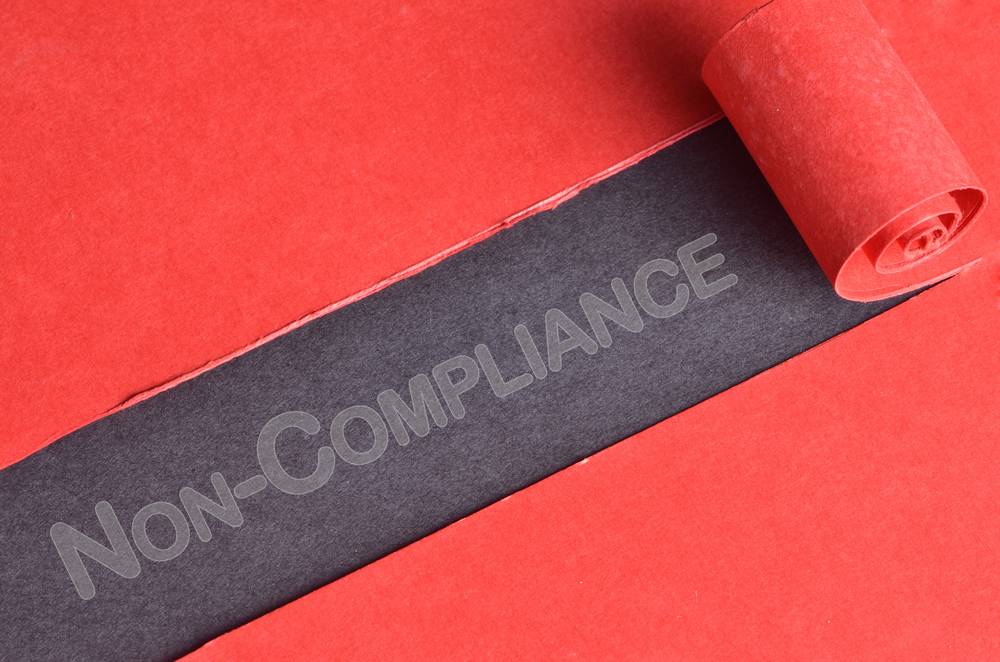What do you mean by agricultural income?
Agricultural income constitutes the money or revenues earned from areas such as farming/Agriculture land, building on/associated with agricultural land, and the commercial gains made out of horticultural land.
According to the Section 2 (1A) of the Income Tax Act of 1961, agricultural income is:
Any income or money made out of any piece of land in India meant for agriculture
Additionally, any revenue derived out of such land through agricultural works like refining agricultural products so as to make it commercially viable in the market
Any income collected through saplings or seedlings reared in a nursery
Moreover, any revenue linked to a farmhouse lest it is in line with provision prescribed in Section 2 (1A)
Section under which agriculture income is exempted
As specified under Section 10 (1) of the Income Tax Act of 1961, agricultural income is set aside from taxation. But, it is included for computation of the total tax liability provided the guidelines given beneath are followed in totality:
Total agricultural income does not go beyond Rs. 5,000/- for the last financial year.
Net income, on top of the gross agricultural income, breaches the general exemption ceiling (It is to be noted – The primary limit of agricultural revenue kept out of tax net is 2,50,000 for person less than 60 years of age and Rs. 3,00,000 for those higher than 60 years of age)
For people who meet the afore-mentioned criteria, the taxable agricultural income will be calculated by following these methods-
Method 1: Inclusion of the agricultural income to the cumulative income
Method 2: By including income exempted under Section 10 in the agricultural income
Method 3: Moreover, deducting the amount acquired from Step 2 from that of Step 1 to arrive at the final tax liability.
Pay your taxes to rid yourself of anxiety
Benefit u/s 54 B
The person who pays tax (individual or HUF) can gain under this section, provided he sells his agricultural land to purchase another. But there is a catch as he has to meet certain conditions to claim the benefit.
Some fine Examples Of Agricultural Income
These happen to be:
Revenue derived through selling replanted trees
Additionally, the rental accrued from a piece of agricultural land
Revenue obtained through selling of seeds
Money earned via nurturing creepers/ flowers
Further, profits accrued through a partner belonging to a firm or a company indulging in agricultural production or activities
So, interest received by a partner from a firm or company via ploughing in capital in agricultural endeavors
Commonly Asked Questions
1. What is the ceiling for agricultural income tax exemption?
The primary limit to exempt agricultural income from tax is –
-Rs. 2, 50, 000 for people falling below the age bracket of 60
- Rs. 3, 00, 000 for people above the age bracket of 60
2. Why is agricultural revenue kept away from the tax net?
Since from the beginning itself, agriculture happened to be a major source of income generation for a large number of the population in India. Also, the whole country still relies a lot on crop production to get its food on the table. This also happens to be a primary sector, pushing the economic wheels of the country. Hence, it is imperative that the Government comes up with schemes, strategies, and policies that ensure the constant evolution of the agriculture sector. So, in one such scheme, agricultural revenue is kept away from the purview of income tax.
3. How do we portray agriculture revenue in income tax?
In case your gross agricultural revenue happens to be less than Rs 5000 during a financial year, it can be projected in your income tax return ITR-1. However, in the event of your income going beyond Rs 5000, Form ITR -2 becomes applicable.
3. What is agricultural income and how is it treated for tax purposes?
Under Section 2 (1A) of the Income Tax Act of 1961 agricultural income is defined as –
A rent or income sourced from any piece of land in India meant for agriculture
Also, any money generated from such land through agricultural activities like processing of agricultural products to make it commercially viable
Additionally, any income made from saplings or seedlings nurtured in a nursery
Any income pertaining to a farmhouse if it follows guidelines prescribed under Section 2 (1A)
Income included for the sake of tax
As described in Section 10 (1) of the Income Tax Act of 1961, agricultural income is set aside from taxation.
But, agricultural income is used for the net tax liability calculations if the conditions described underneath are met totally-
Gross agricultural income going above Rs. 5,000/- in the last financial year
Net income, along with the gross agricultural income, breaks the basic exemption ceiling







